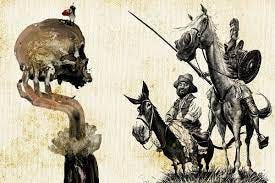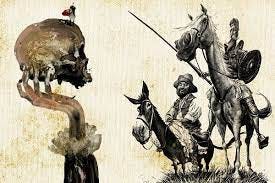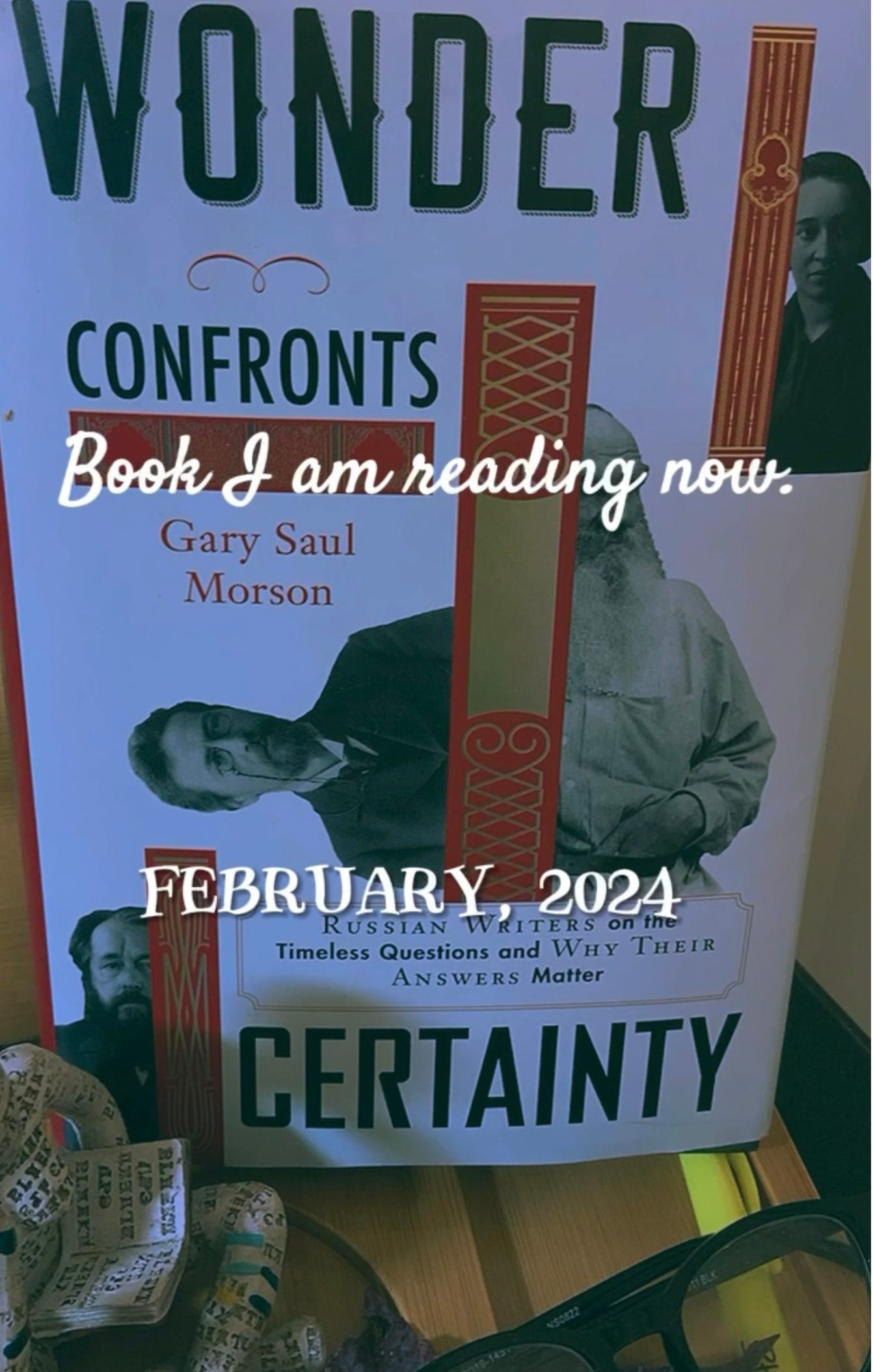Russian Literature: "...he is all self-sacrifice..."
On January 10, 1860 at a public reading Ivan Turgenev delivered a speech drawing a contrast between Hamlet and Don Quixote. Turgenev noted that Quixote and Hamlet represented two fundamentally opposed qualities of human nature. He further suggested that every individual, more or less, incline toward being either a Don Quixote or Hamlet type.
Passage from “Hamlet and Don Quixote” by Ivan Turgenev
“Don Quixote is utterly imbued with a commitment to ideals for which he is ready to go to all possible extremes, even to sacrifice his life. He only values this life to the extent that it can serve as a means of promulgating those ideals, of securing truth and justice on earth. It has been said to us that his disturbed mind derived his ideals from the fantastical world of courtly novels. We agree—and this is what constitutes the comic side of Don Quixote. But the ideals themselves endure in all their untainted purity. To live for oneself, to care only for oneself—Don Quixote would have deemed this cowardly. He lived (if one may use that term) wholly outside himself, on behalf of others, on behalf of his fellow human beings, dedicated to the eradication of evil, to the opposition of the forces ranged against humanity…..which is to say, oppressors. There is not the slightest trace of egoism in him; he does not worry about himself; he is all self-sacrifice——treasure that word! He believes, and believes strongly, without reservation. As a result, he is patient and long-suffering, he accepts the most meager food, the most shabby clothing—-he is indifferent to such things. Simple of heart, he is great and bold of spirit…..”





